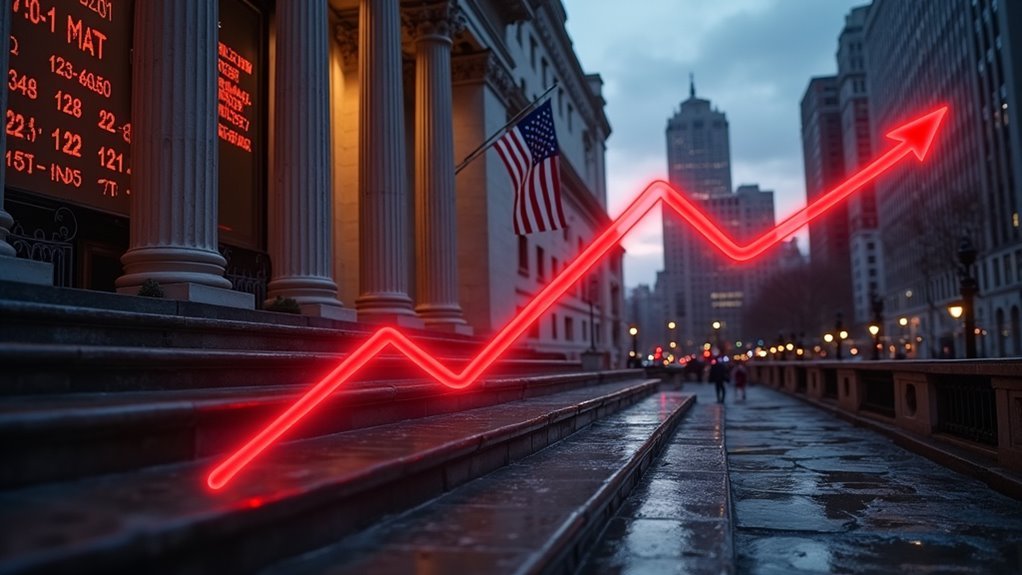While many expected dramatic changes at the Securities and Exchange Commission under Trump’s administration, few anticipated the sweeping deregulatory agenda that would unfold.
Under the leadership of Paul Atkins and Mark T. Uyeda, the SEC initiated a mission to democratize private market wealth – a stark departure from decades of restrictive policies.
The old rules were simple: unless you were rich, you couldn’t invest in private companies. Period. But Trump’s SEC saw things differently. They believed that limiting private market access to only the wealthy was, frankly, unfair. So they got to work, exploring ways to broaden the definition of who qualified as an “accredited investor.” Instead of just looking at bank accounts, they considered things like financial expertise and professional credentials.
This wasn’t just about making rich people richer. The SEC’s new approach aimed to help regular folks build wealth too. They started reviewing those outdated income thresholds that kept most Americans out of private markets. They even considered letting people invest smaller amounts annually – a sort of “try before you buy” approach to private market investing. High intermediary fees often exceeded 2% in private investments, making broader access crucial for cost reduction. The approach aligned with dollar-cost averaging principles, allowing investors to build positions gradually over time.
Companies loved it. The SEC’s push to reduce compliance costs and scale back regulations made going public less painful. The incoming administration’s expected deregulatory SEC regime would likely continue this business-friendly approach. They relaxed rules for emerging growth companies and smaller reporting firms. Less paperwork, more business. Simple as that.
The philosophy was clear: treat investors like adults. Instead of playing investment nanny, the SEC focused on giving people information and letting them make their own choices. Sure, they kept hammering insider traders and crooked advisers – some things never change.
But the overall message was different: regular investors deserved a shot at private market returns.
Critics called it reckless. Supporters called it liberating. But one thing was certain – the Trump SEC’s approach marked a fundamental shift in how regulators viewed ordinary investors’ ability to handle sophisticated investments.
Whether this experiment in investment democracy would succeed remained to be seen.





